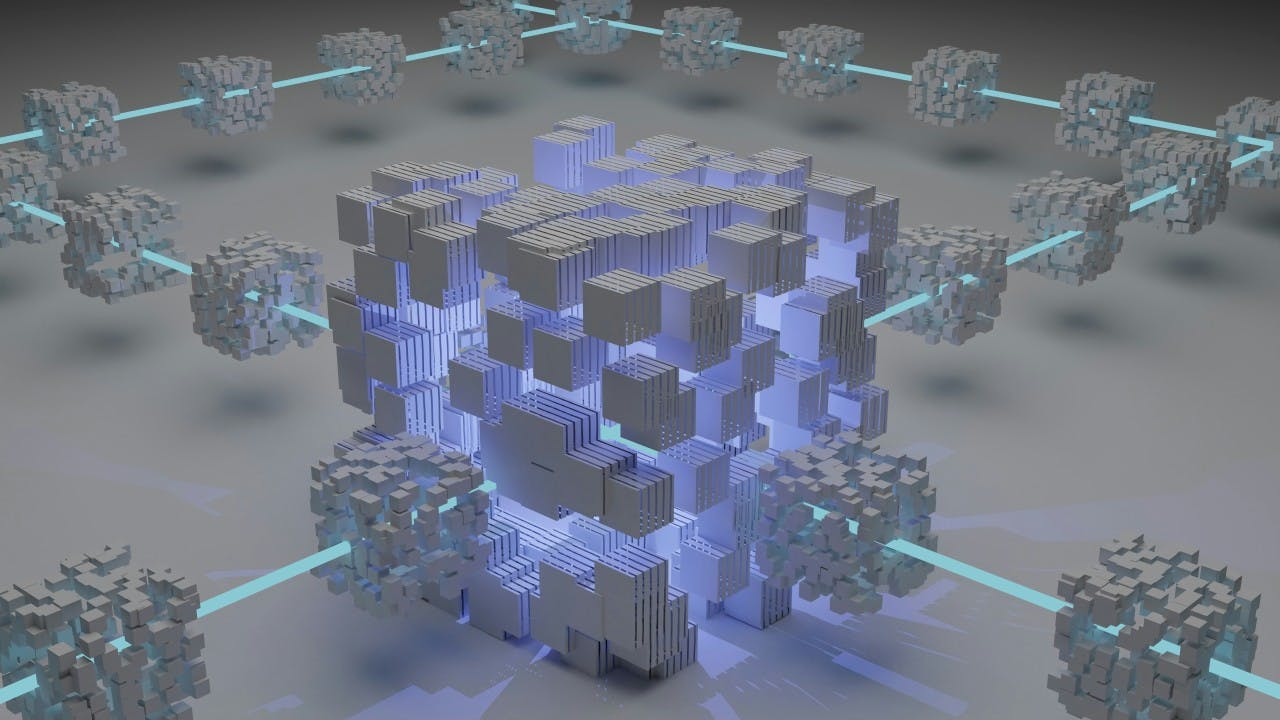
"In March 2023, cybercriminals infiltrated 3CX's build environment, injecting malicious code into a library file for its macOS and Windows desktop apps."
"Web3 supply chains, leveraging blockchain and Decentralized Public Key Infrastructure (DPKI), offer transparency, traceability, and tamper-proof security, providing a robust defense against supply chain threats."
"PKI allows us to associate identities with particular key pairs. Although the public key can be visible to anyone, only the entity with the private key can access specific features."
"Supply chain powered by decentralized systems presents a tougher nut for bad actors to crack, emphasizing the shortcomings of centralized systems in securing supply chains."
As global markets become increasingly interconnected, supply chain attacks are on the rise, highlighted by a cyber attack on 3CX in March 2023 that injected malicious code into official updates. This breach illustrates vulnerabilities in centralized systems where a compromised vendor can threaten an entire customer base's privacy. Web3 supply chains utilizing blockchain and Decentralized Public Key Infrastructure (DPKI) provide a more secure alternative through enhanced transparency and tamper-proof security measures. PKI's reliance on asymmetric cryptography establishes trust and integrity in supply chains, reinforcing the efficacy of decentralized systems for protection against cyber threats.
#supply-chain-security #cybersecurity #blockchain #decentralized-public-key-infrastructure #public-key-infrastructure
Read at Hackernoon
Unable to calculate read time
Collection
[
|
...
]